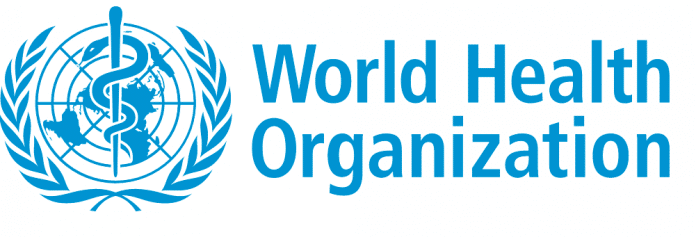Health advice: wildfires in the WHO European Region
Several countries across the WHO European Region – including Albania, Greece, Israel, Italy, North Macedonia and Turkey – are experiencing severe wildfires that are posing a health risk to people and communities. The fires are caused by both excessive heat during heatwaves combined with strong winds and by man-made factors. WHO/Europe stands ready to support affected countries, including by rapidly deploying emergency supplies upon request.
How wildfires can affect your health
Close to the fires, smoke is a health risk because vegetation fires generate toxic gaseous and particle air pollutants. The effects of smoke range from eye and respiratory tract irritation to more serious disorders, including reduced lung function, bronchitis, exacerbated asthma and premature death.
Smoke from wildfires can also contribute to higher exposures to air pollution at longer distances with more long-term effects: particulate matter is capable of penetrating deep into lung passageways and entering the bloodstream, primarily resulting in cardiovascular and respiratory impacts.
What you can do to keep yourself safe from wildfires
You should do what you can to prevent exposure to wildfire smoke in the first place. If you suffer burns, first aid can minimize severe consequences. Always follow guidance from local authorities. The following advice can help you stay safe:
Prevent exposure to wildfires and mitigate health risks:
- Remain indoors if safe. During such high-pollution episodes, all people, particularly those at risk, children and elderly people, should stay indoors as much as possible and avoid direct ventilation with outside air. Tune in to local emergency services to keep abreast of any instructions to relocate or evacuate.
- Keep your home cool and reduce other sources of indoor air pollution – such as smoking cigarettes, using propane gas or wood-burning stoves, spraying aerosol products, and frying or grilling food – to partly compensate for increased particle loading from the outdoor air. Close windows and shutters (if available). Move to the coolest room in the home, especially at night.
- If particularly at risk, stay in air-conditioned spaces, which generally have fewer outdoor particles than buildings that use open windows for ventilation. If you need to move outside, wear a mask, particularly if you are exposed to higher concentrations of particulate matter.
- Reduce unnecessary travel. If travel is essential, motor vehicle drivers should use the headlights during the daytime to improve conspicuousness and visibility.
If you get burned, apply first aid for burns:
- Stop the burning process by removing clothing.
- Apply cold water and keep the burnt area in contact with cold water for some time.
- Extinguish flames by allowing the person to roll on the ground or apply a blanket, or by using water or other flame-extinguishing liquids.
- Obtain medical care.
- Do not commence first aid before ensuring your own safety.
- Do not apply ice, pastes or oils to the burnt area.
Monitor and follow recommendations of local health or emergency authorities throughout the period of fires:
- Schools, childcare centres, retirement homes, nursing homes, hospitals and hospices should provide air-conditioned rooms for susceptible individuals.
- Air-conditioned emergency shelters with adequate particle filtration should be located inside large commercial buildings, educational facilities or shopping centres. It is beneficial to stay in less polluted buildings and in cooler environments.
What public health services should do to protect your health from wildfires
Keeping safe from wildfires is a joint effort of individuals, communities and public health services.
Public health services need to provide the following to at-risk people:
- early information on wildfire hazards;
- information about health impacts and ways people can protect themselves;
- information on help lines, social services, ambulances, clean-air and cooling-down spaces, transport and emergency medical services;
- local hospital services for treatment of medical emergencies and acute illness;
- primary care services and outpatient services to care for affected people in the community;
- facilities for oxygenation and respirators for particularly vulnerable populations;
- local medical assistance professionals, including doctors;
- public spaces to serve as clean-air and cooling-down shelters.
Heatwaves and wildfires: a compounding health risk for the most vulnerable
Wildfires happen mostly during summer when temperatures are excessively high. During heatwaves vulnerable people are exposed to additional risks to their health. Heat stress can exacerbate underlying illnesses and increase the risk of accidents.
High temperatures affect the health of many people, particularly older people, infants, the chronically ill and people who work outdoors – including emergency workers. Heat can trigger exhaustion and heatstroke, and can aggravate existing conditions – such as cardiovascular, respiratory, kidney or mental diseases.
While protecting themselves from wildfires, people at risk should take extra care to protect themselves from excessive heat (see links to public health advice below).
Several countries across the WHO European Region – including Albania, Greece, Israel, Italy, North Macedonia and Turkey – are experiencing severe wildfires that are posing a health risk to people and communities. The fires are caused by both excessive heat during heatwaves combined with strong winds and by man-made factors. WHO/Europe stands ready to support affected countries, including by rapidly deploying emergency supplies upon request.

